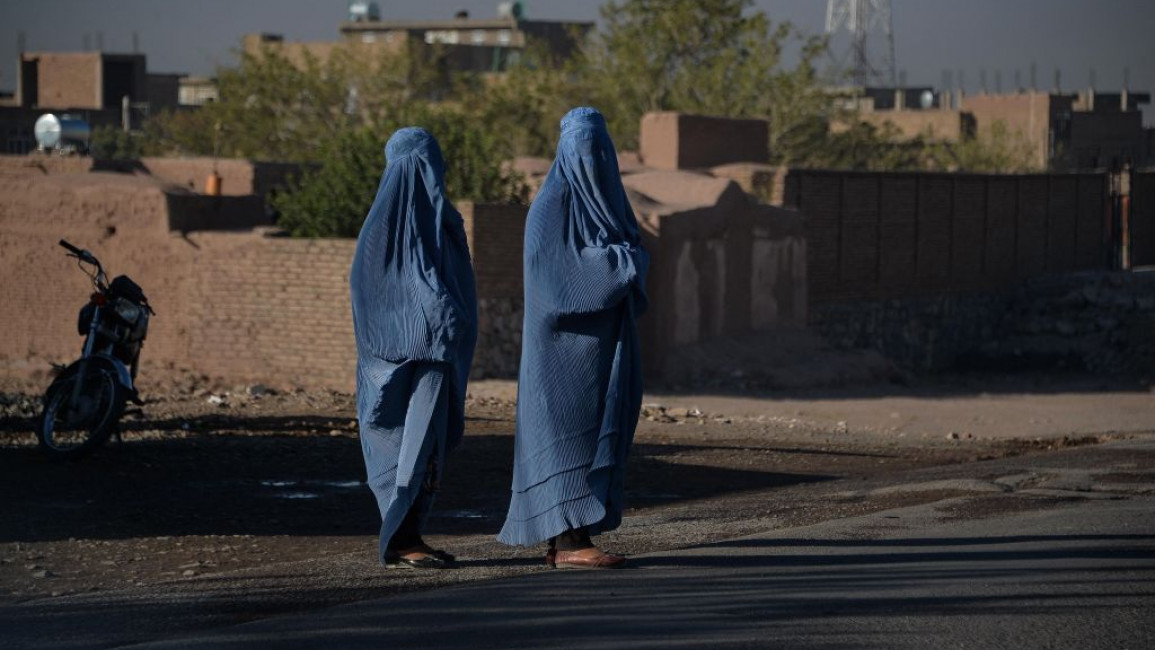Ban on Afghan girls’ education would be ‘un-Islamic’, Pakistan PM warns Taliban
Pakistani Prime Minister Imran Khan has said that denying women access to education in Afghanistan would be “un-Islamic”.
In a BBC TV interview broadcast on Tuesday, the Pakistani leader said that Afghanistan's women will “assert their rights” over time, but at the moment it is “too early” to assess conditions under Taliban rule.
Many Afghan women and girls have been barred from working and attending university or school since the Taliban seized power in a lightning offensive across the country, despite the militant group's promises of inclusivity for women.
“The idea that women should not be educated is just not Islamic. It has nothing to do with religion,” said the Pakistani PM.
“Their women are very strong. I feel give them time, and [they] will assert their rights,” he added.
When pressed, he responded that this could take up to three years.
Women in Afghanistan have been sacked from senior roles in ministries, according to reports, stifling their ability to enact change at tables of power.
The Taliban shut down the ministry of women’s affairs last Friday and replaced it with a ministry dedicated to enforcing religious doctrine.
The Taliban’s education department over the weekend ordered male teachers and students back to secondary school, without telling women and girls to do the same. Following international condemnation, a Taliban spokesperson said that women would return to the classroom “as soon as possible” on Tuesday.
Pakistan has not recognised the all-male Taliban government and called for its leadership to be inclusive and to respect human rights in the TV interview.
Khan said the decision to recognise Afghanistan’s new rulers will be made collectively by neighbouring countries.
Top of Islamabad's list of concerns regarding Afghanistan is a “huge humanitarian crisis” resulting in a flight of refugees and a possible civil war which could create chaos and allow extremist groups to thrive.t groups could thrive.
Despite attempts to position itself as an ally in the “war on terror”, Pakistan has been accused of providing the Taliban a safe haven after their fall from power in the mid-1990s.
Islamabad has routinely denied allegations of conspiring with the Taliban, with Khan slamming reports of Pakistani fighters joining the insurgents as “absolute nonsense”.



